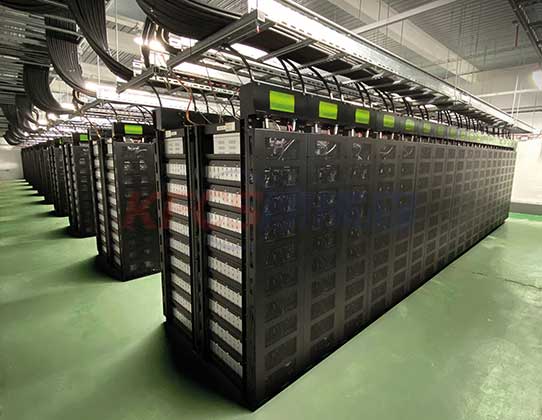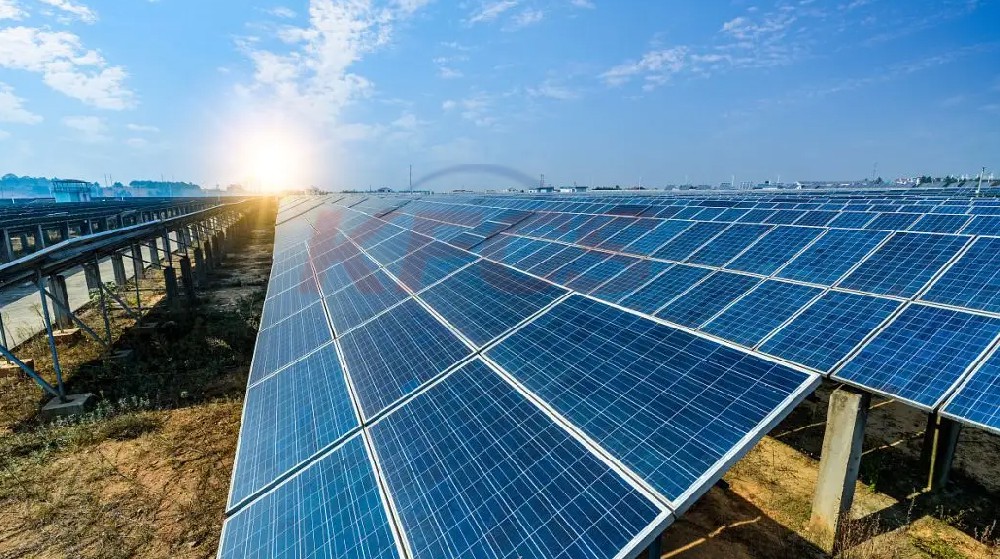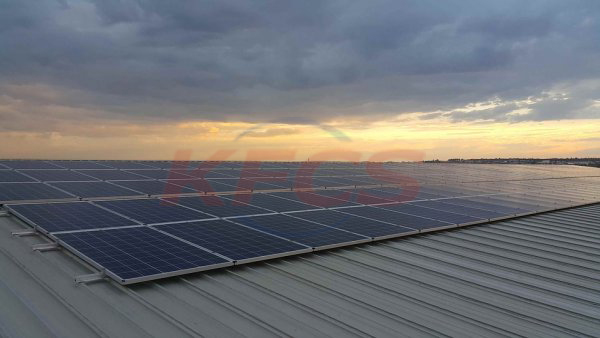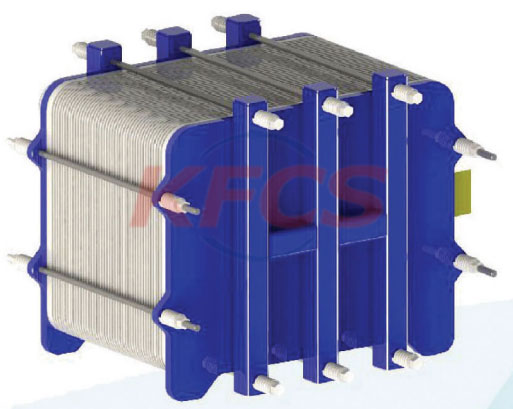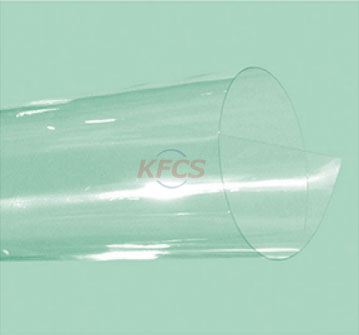Korean liquefied petroleum gas company enters the rapid charging market of all vanadium flow battery
2022-05-27
According to the report of Korea economic news on May 20, as a subsidiary of South Korea LS group, South Korea liquefied petroleum gas (LPG) circulation company E1 announced to enter the electric vehicle charging business.
Korean E1 company plans to build electric vehicle charging facilities connected to energy storage system (ESS) at E1 filling stations across the country. This is to get rid of the business structure relying on LPG circulation and ensure new growth momentum.
On May 18, Ju Donghui, the representative of the new growth business department of Korean E1 company, and Jin Fuji, the representative of Korean standard energy company, signed a cooperation agreement on the ultra fast electric vehicle charging business connected to the energy storage system (ESS) at the E1 headquarters in Longshan District, Seoul, South Korea.
South Korea E1 company plans to install ultra fast electric vehicle chargers at LPG filling stations in South Korea and connect them with the vanadium ion battery based energy storage system (ESS) of South Korea standard energy company to build charging infrastructure. Vanadium ion battery technology is the first technology developed by Korean standard energy company in the world. Because there is no ignition risk, it can be safely used in LPG filling station.
About News
- The global all-vanadium flow battery market will reach a scale of 100 billion in 2023
- Lithium iron phosphate battery will become the mainstream of power battery market
- 32kW container type all vanadium flow battery for energy storage
- Classification of vanadium batteries
- Lithium iron phosphate batteries
- A quarter of Australian households use rooftop solar, and the proportion of renewable energy generation in Australia rises to 35%
- Principle of Vanadium Redox Battery
- Megawatt vanadium battery system
- U.S. to investigate PV modules in four Southeast Asian countries
- 1.3 billion US dollars, 1200 ~ 1300MWh! World's largest off-grid battery energy storage project completes financing
Products



